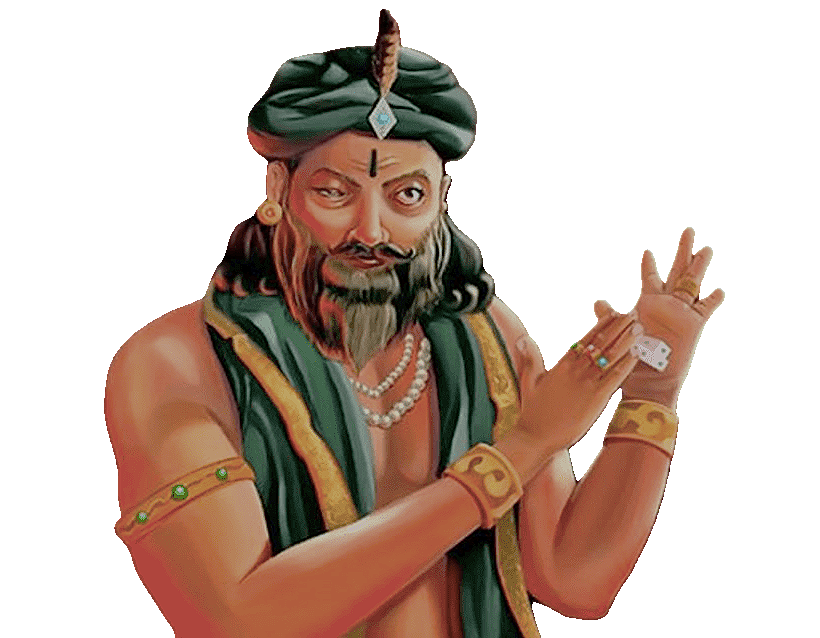In the epic ‘Mahabharata’, Shakuni stands out as one of the most cunning and deceitful characters. His manipulative actions significantly impacted the course of events, leading to the devastating Kurukshetra war. While Shakuni’s traits may have served his sinister purposes, they are qualities that one should avoid in real life. Here, we explore nine wily traits of Shakuni from ‘Mahabharata’ that are best not to emulate.
1. Manipulation: Shakuni’s Mastery in Twisting Truth
Shakuni was a master manipulator, always finding ways to twist the truth to serve his interests. “Shakuni’s cunning words often masked the reality, leading many to fall prey to his deceit,” says a scholar. Emulating such behavior can erode trust and relationships.
2. Deceit: The Art of Betrayal and Treachery
Throughout ‘Mahabharata’, Shakuni used deceit to achieve his goals. His betrayal of the Pandavas through the rigged game of dice is a prime example. Living a life based on lies and deceit is unsustainable and harmful.
3. Jealousy: Shakuni’s Green-Eyed Monster
Shakuni harbored intense jealousy towards the Pandavas’ success and prosperity. This jealousy fueled his actions and ultimately led to destructive consequences. Holding onto jealousy can cloud judgment and lead to negative outcomes.
4. Vengeance: The Unyielding Desire for Revenge
Driven by a desire for revenge against the Kauravas, Shakuni’s actions were motivated by a relentless pursuit of vengeance. Holding grudges and seeking revenge can perpetuate cycles of negativity and harm.
5. Manipulating Emotions: Exploiting Weaknesses
Shakuni skillfully exploited the emotions and weaknesses of others, particularly Duryodhana. “He knew how to push the right buttons to make people act according to his will,” notes an expert. Such behavior is unethical and damaging.
6. Greed: The Insatiable Hunger for Power and Wealth
Shakuni’s greed for power and wealth drove many of his schemes. His actions highlight the dangers of allowing greed to dictate one’s decisions and actions. Pursuing goals without regard for ethics can lead to downfall.
7. Lack of Integrity: The Absence of Moral Principles
Integrity was noticeably absent in Shakuni’s character. He was willing to compromise his morals to achieve his objectives. Upholding integrity is crucial for building trust and maintaining personal honor.
8. Deception in Diplomacy: Unethical Strategies
As a diplomat, Shakuni often employed deception to achieve his ends. His cunning strategies during negotiations highlight the unethical nature of using deception in diplomacy. Honest and transparent communication is key to effective diplomacy.
9. Sabotage: Undermining Others for Personal Gain
Shakuni frequently sabotaged others’ efforts to gain an advantage. “He believed in the philosophy of ‘divide and rule’,” says a historian. Sabotaging others can lead to a toxic environment and broken relationships.
Conclusion
The character of Shakuni in ‘Mahabharata’ serves as a reminder of the traits that lead to discord and destruction. By recognizing and avoiding these wily traits, we can strive to live a life of integrity, honesty, and positivity.







